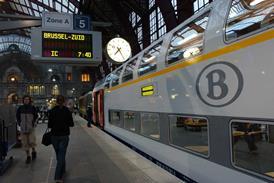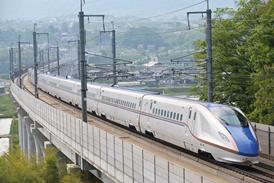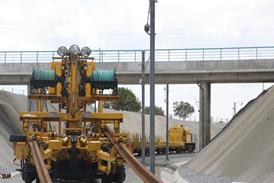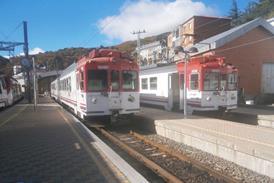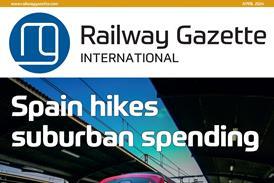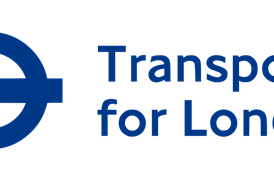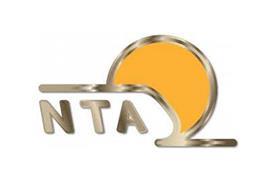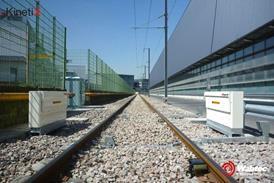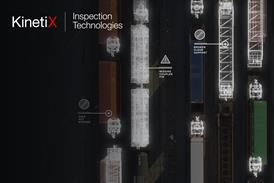All Industry View Point articles – Page 3
-
 News
NewsDo not over-rely on modelling
CAPACITY: Complex modelling techniques are used increasingly both for real-time decision-making and to prepare longer-term business plans. However, as Peter Koning of Faber Maunsell explains, the extent to which theoretical capacity differs from that available in the live environment is a significant concern.
-
 News
NewsPutting the customer first
REFORM: Belgian national operator SNCB has undertaken a radical restructuring of its freight business to create a more commercially-focused business. But, as group co-ordinator Geert Pauwels explains, there is a lot still to do to ensure the incumbent keeps growing in an increasingly-competitive market.
-
 News
NewsRail must do more to win logistics business
LOGISTICS: Freight forwarders and 3PL providers want to make greater use of rail. But until the industry develops an international perspective to match the level of service offered by competing modes, its potential will remain unfulfilled.
-
 News
NewsA fair market needs regulation
EUROPE: An EU study of progress with railway liberalisation was presented in Brussels on November 7, as part of a process to recast the legislation in the First Railway Package. But the weighting of the responses risks understating the need for further change, warn Monika Heiming and Jan Möllmann.
-
 News
NewsKeep the railway affordable
PRICING: Whilst the rail sector was trying not to talk itself into recession, the underlying message from industry leaders at InnoTrans 2008 was the need to keep tight control on costs and prices. Peter Badcock reports from Berlin.
-
 News
NewsThings are going to get better
SUSTAINABILITY: The world is starting to understand the challenge of climate change, and the public transport sector is demonstrating that it can help to change people's perceptions about the impact of their mobility choices, believes Heather Allen.
-
 News
NewsMega-trucks are not the answer
FREIGHT: The European Commission is considering a report recommending the EU-wide acceptance of longer and heavier lorries, but environmentally and economically this would be a monumental step in the wrong direction, argues Michael Clausecker.
-
 News
NewsDon't re-regulate rail freight
REGULATION: Rail has a major role to play in reducing energy use and addressing environmental concerns in North America, but proposals being debated in the US Congress to increase regulation of the sector could halt much-needed investment in additional capacity, argues Ed Hamberger.
-
News
Working towards a sustainable future
ENVIRONMENT: Despite growing concerns about climate change and energy efficiency, imbalances in the pricing of different transport modes continue to distort the market across Europe. But CER Chairman Aad Veenman sees signs of progress at last.
-
 News
NewsIs it mission impossible?
Bangladesh is really a large city, and rail-based mass transport will be a necessity. But how should the railway develop its role when it has lost almost all its traffic to road?
-
News
'Reduce the flexibility of ERTMS'
Speaking at Terrapinn's EuroRail 2008 event in Milano on February 27, Swiss Federal Railways' Head of Train Protection Dr Thomas Staffelbach called for Europe's railways to recognise that less flexibility in the design of ERTMS would be for their own benefit
-
 News
News'The nightmare scenario'
Thalys International's Chief Executive Jean-Michel Dancoisne explains how capacity constraints and cross-border regulatory inconsistency risk making his job anything but a dream.
- Previous Page
- Page1
- Page2
- Page3
- Next Page

